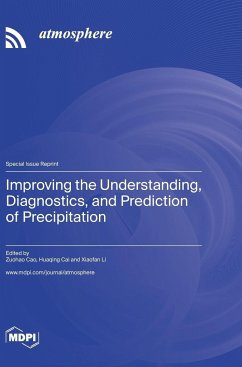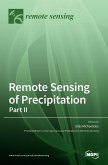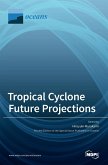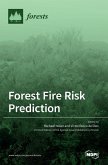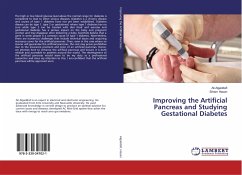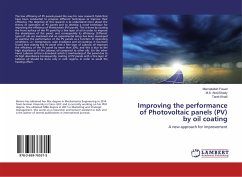This reprint is a collection of the papers published in the Special Issue of Atmosphere entitled "Improving the Understanding, Diagnostics, and Prediction of Precipitation". It provides atmospheric researchers and operational meteorologists with an update on recent research and its applications on precipitation prediction. As a result of rigorous peer reviews, 14 papers have been accepted for publication in this Special Issue. These articles cover topics in (a) data assimilation such as assimilation of ground-based microwave radiometers [p. 1] and combined techniques of data assimilation [p. 15]; (b) microphysical parameterizations in NWP models [p. 41]; (c) analog ensemble post-processing [p. 61]; (d) deep learning based short-term intensive rainfall forecast [p. 85], nowcasting [p. 105], and monthly forecast [p. 121]; (e) trend and projection of the long-term spatial-temporal precipitation changes [p. 145]; (f) intercomparison of satellite-based and X-band radar rainfall products [p. 167]; (g) verification of various analyzed precipitation data with observations [p. 191]; (h) climatic patterns of Meiyu and its associated circulations [p. 207]; (i) composite analysis of warm-sector heavy rainfall and its association with large-scale circulations, pre-storm environments, and mesoscale convective systems [p. 221]; and (j) precipitation diurnal cycle [p. 245] and precipitation recycling and moisture sources [p. 263]. It should be noted that all viewpoints in the published papers merely represent those authors' viewpoints, and, certainly, they do not represent our and our organization's viewpoints.

